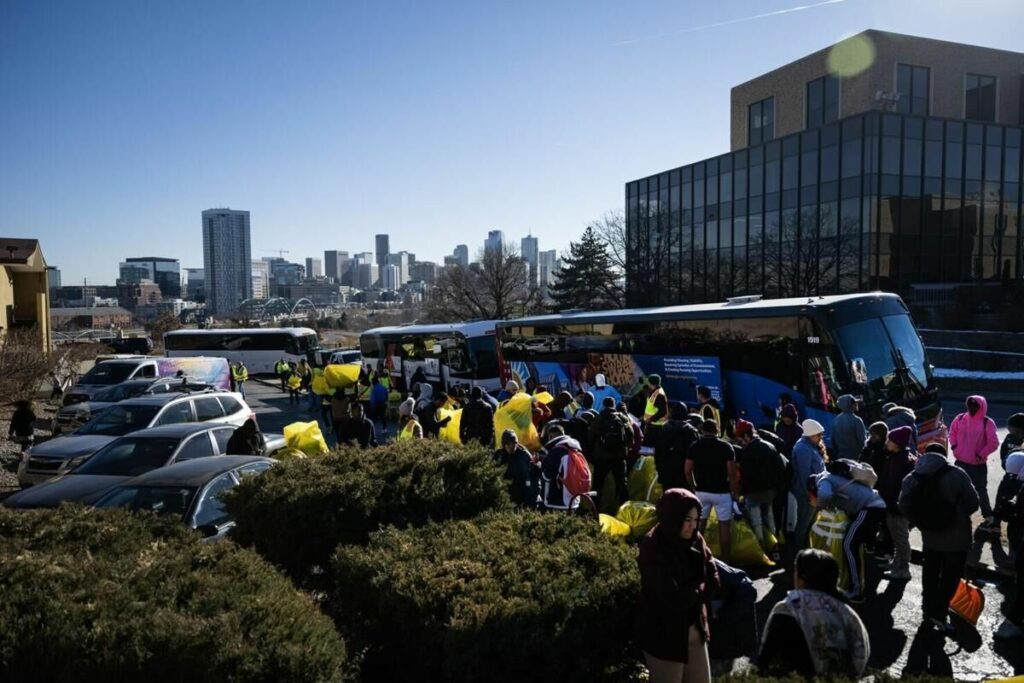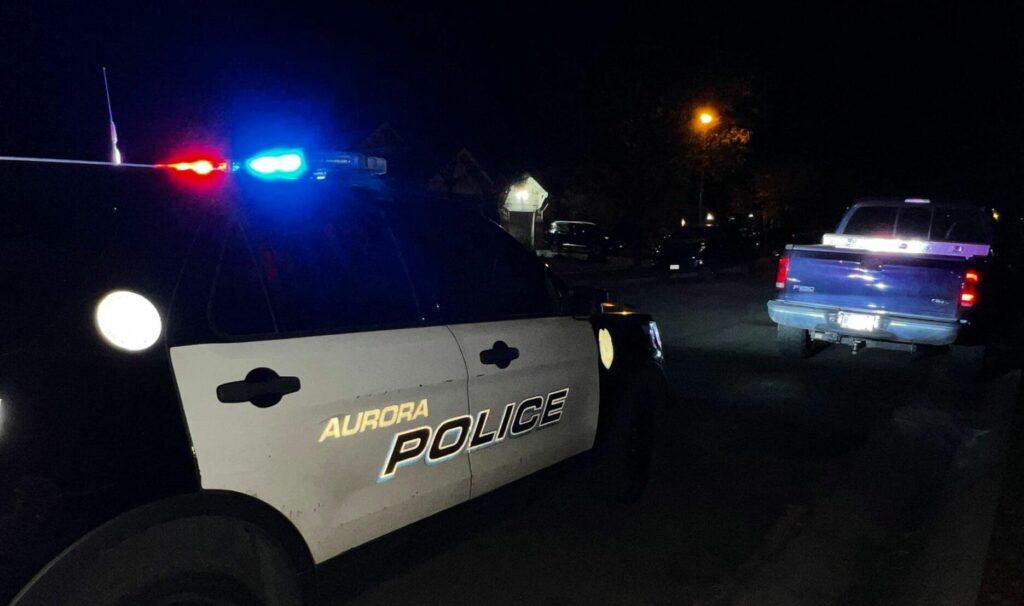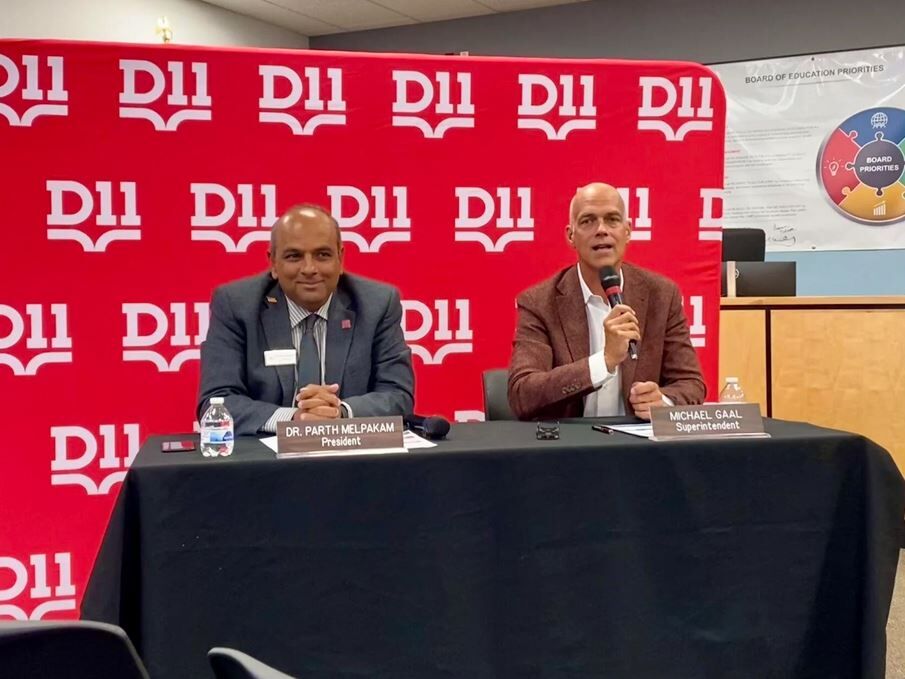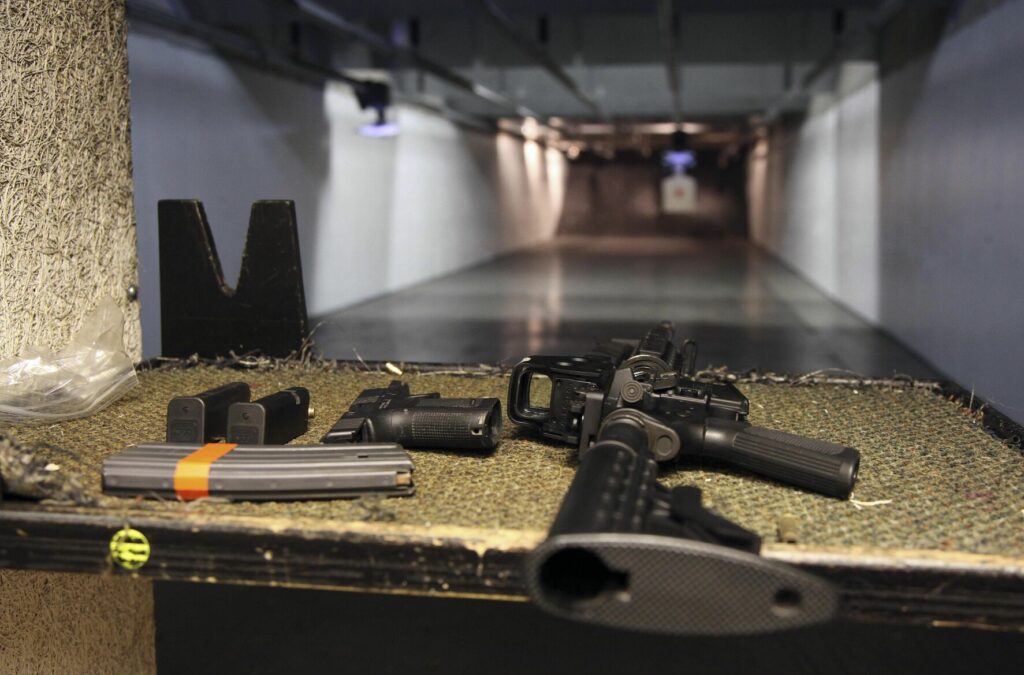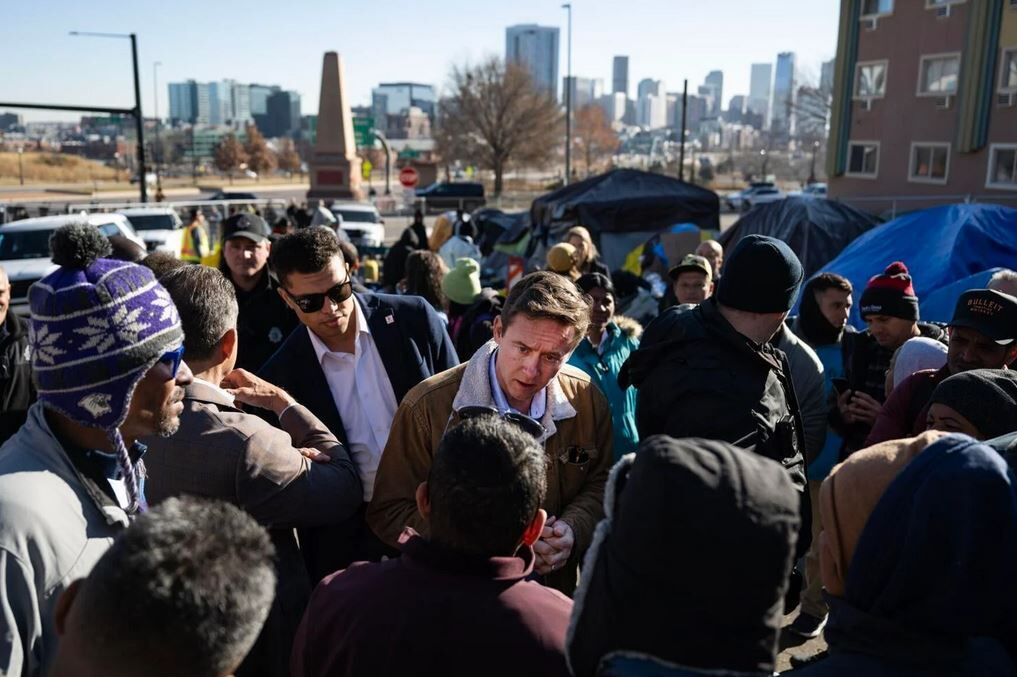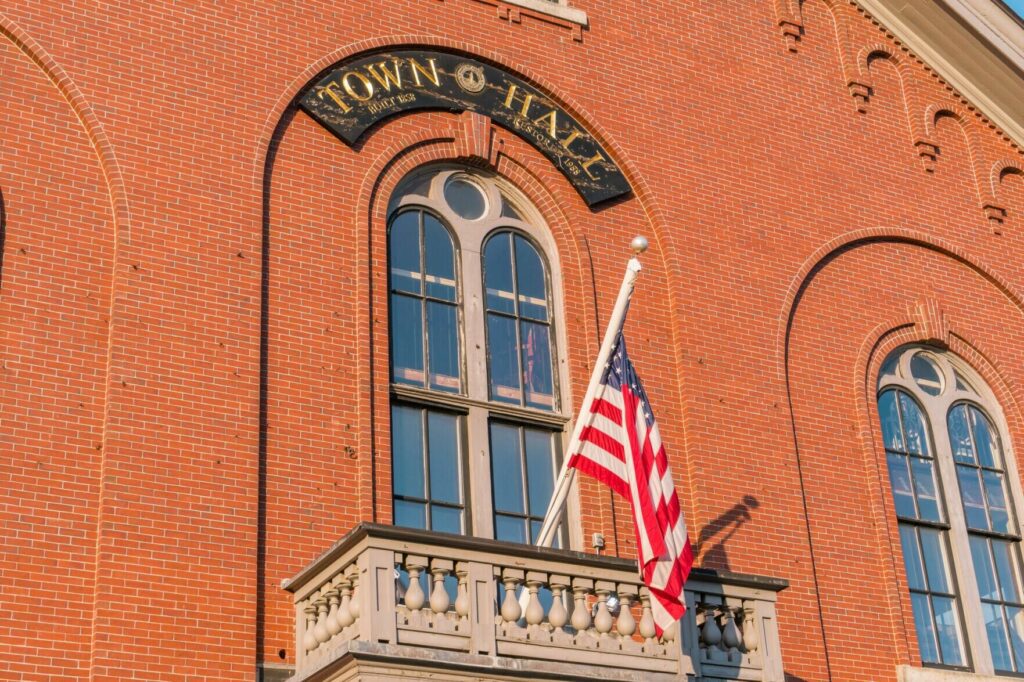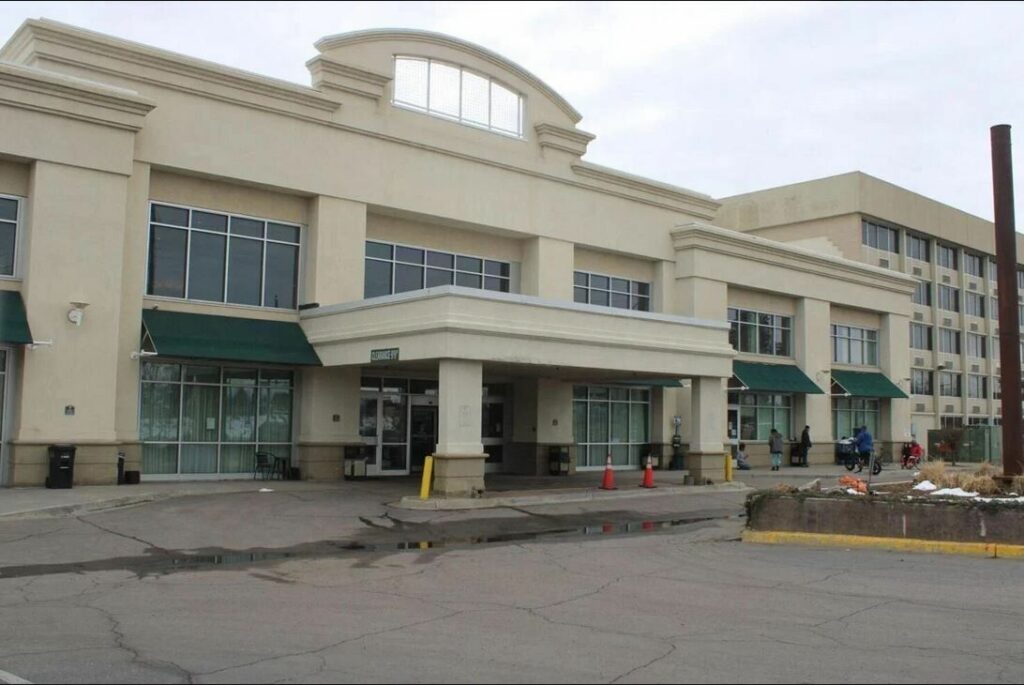Denver delegation defies justice — and voters | Denver Gazette
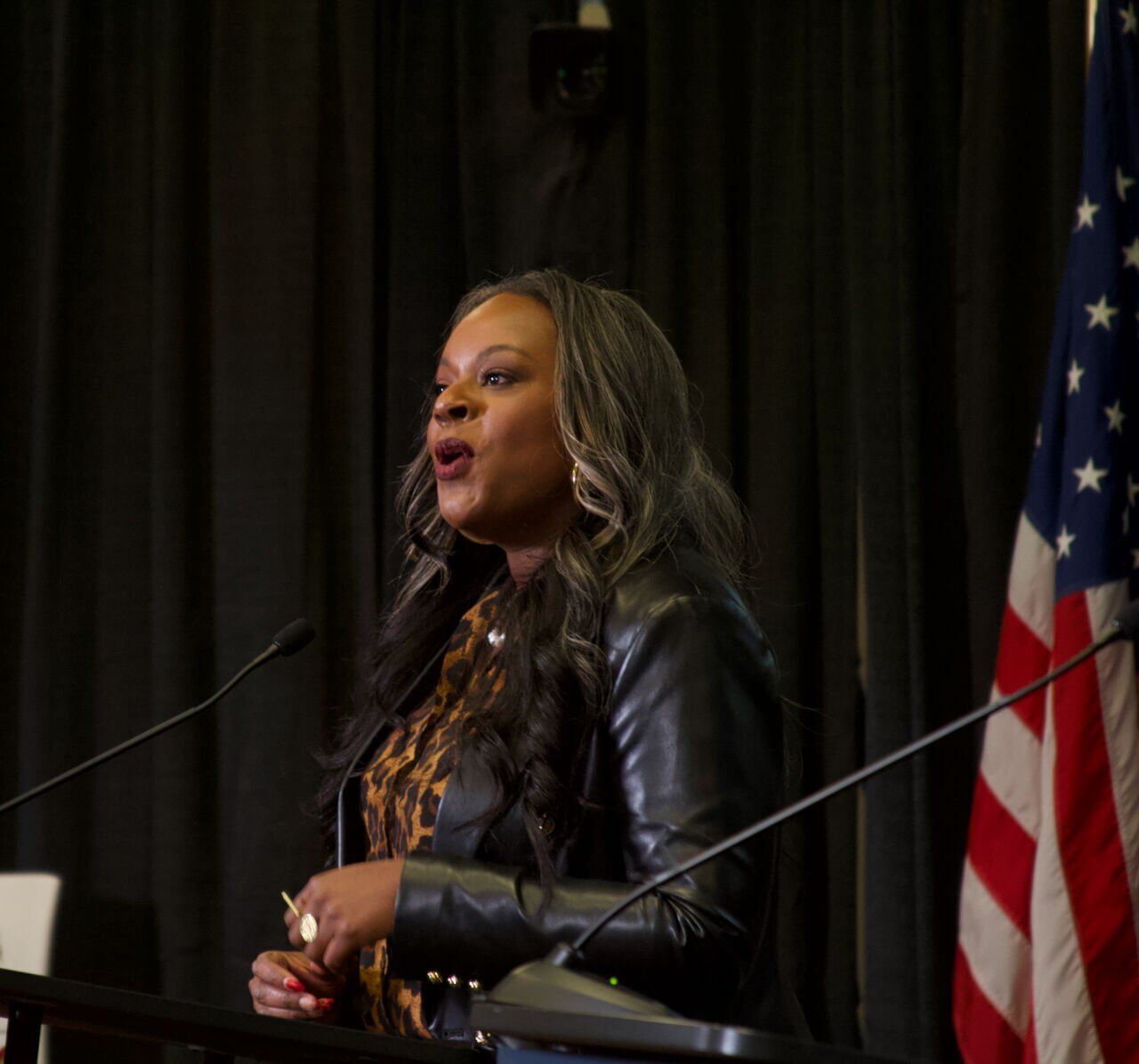
Denver voters made it clear on April 4 they were fed up with their city’s spiraling crime. Yet, some of the most prominent members of Denver’s delegation in the state Legislature have continued to trash cops, coddle criminals and pretty much ignore Colorado’s epic crime wave.
The first round of the city’s 2023 municipal election seemed like a referendum on the crime fight. It dominated much of the debate in a crowded field of mayoral contenders. The two mayoral finalists who emerged to meet in the June 6 runoff have both pledged to rebuild diminished police ranks and to partner with them in making neighborhoods and streets safer. Several council seats also went to incumbents or newcomers who were endorsed by the Denver Police Protective Association and who had campaigned as allies of law enforcement.
Stay up to speed: Sign-up for daily opinion in your inbox Monday-Friday
Significantly, two of law enforcement’s most vocal antagonists in the mayor’s race failed to make it to the runoff. One of them, Denver Democratic state Rep. Leslie Herod – perhaps best known for her soft-on-crime legislation at the State Capitol – was left in the dust. She entered the race with arguably the highest name recognition of any candidate and ended the race with the third-largest campaign war chest. Yet, she finished fifth – improbably, even behind fourth-place finisher Andy Rougeot, who ran openly as a Republican in a historically Democratic town.
Could voter fatigue with the crime wave – high-profile homicides, some involving kids; car and property theft that lead the nation; pervasive street crime – have played a key role in kicking Herod’s candidacy to the curb? Perhaps her advocacy for policies that gut law enforcement and champion perpetrators finally had caught up with her.
And yet, she and some other notoriously soft-on-crime state legislators from Denver have been carrying on at the Capitol since April 4 as if there had been no local election at all.
For example, Democratic state Sen. Julie Gonzales of Denver has been leading the charge to crush a bipartisan bill that makes it a level one felony when anyone “sells, dispenses, distributes, or otherwise transfers any quantity of a controlled substance” that results in someone’s death. The bill is what Colorado needs, badly, if it hopes to emerge from its overdose epidemic. On Gonzales’ coattails, allied House Democrats killed the bill late Friday in committee.
Meanwhile, Herod and fellow Denver state Democratic Rep. Elisabeth Epps have argued, incredibly and absurdly, that a bipartisan bill to step up the penalties against indecent exposure – around children – might be used by authorities to shut down drag shows. Yes, really.
And, setting off a furor in Twitterspace, Herod, Epps and Denver Democratic state Rep. Jennifer Bacon, among others, recently got themselves “excused” – walking out of the House all at once – from voting on a bipartisan resolution recognizing Police Week and fallen peace officers. Take that, coppers!
As these lawmakers continue to embarrass their city and themselves in the closing days of the 2023 legislative session – it ends Monday – they also are ignoring a distinct message from Denver voters. The public seems to have had enough of a “justice reform” agenda that injects politics into every effort to get dangerous criminals – killers, thieves, drug pushers, sex offenders – off the streets. The public is tired of the narrative that casts perpetrators as victims and police as perpetrators. Instead of endless reprieves for criminals, the public wants a reprieve from the crime wave.
And if the Denver delegation doesn’t mend its ways, the public may at last seek a reprieve from them – in the next election. Fortunately for Herod, she is term-limited – or she might find herself rejected twice in a row by the same electorate.
Denver Gazette Editorial Board




